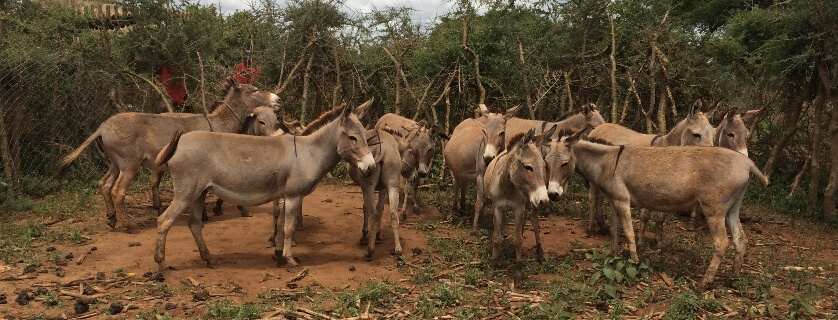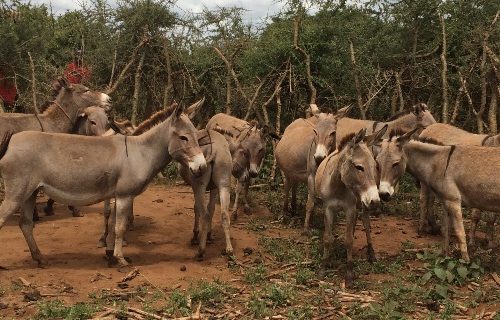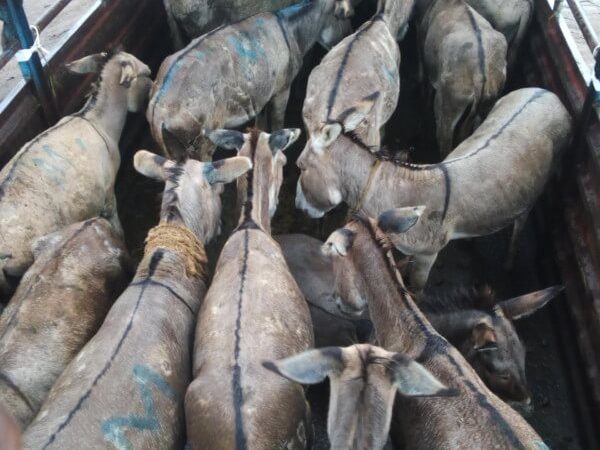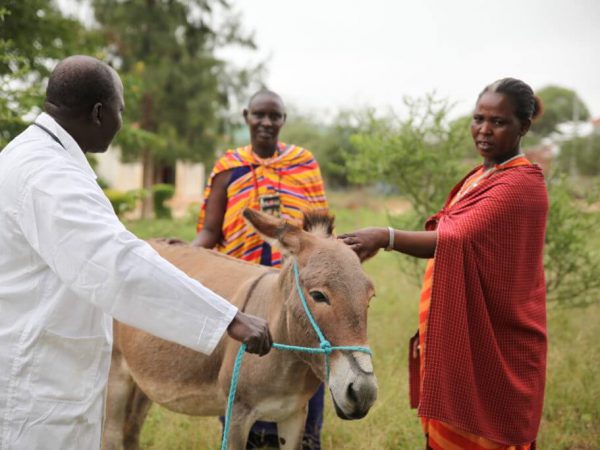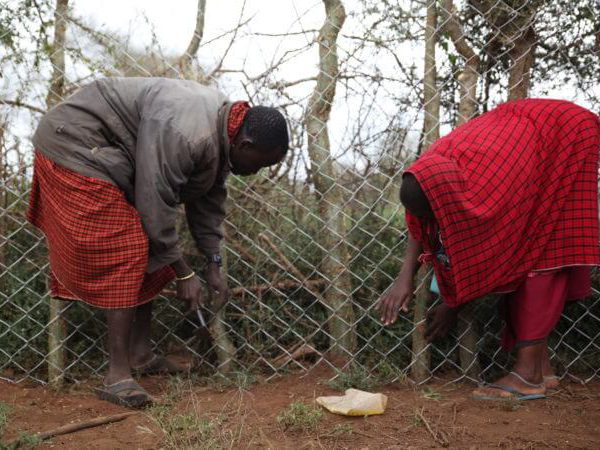You may also be interested in
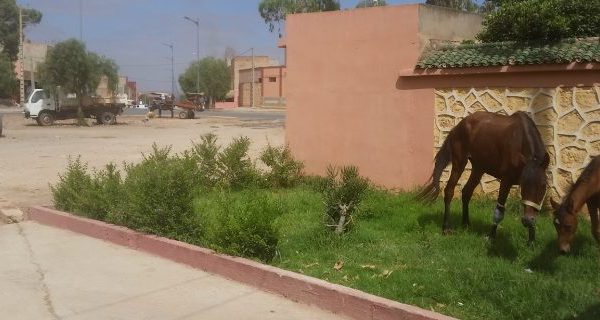
An average day in Chemaia
Read about vet Jo Hardy's experience of volunteering in Chemaia, Morocco.
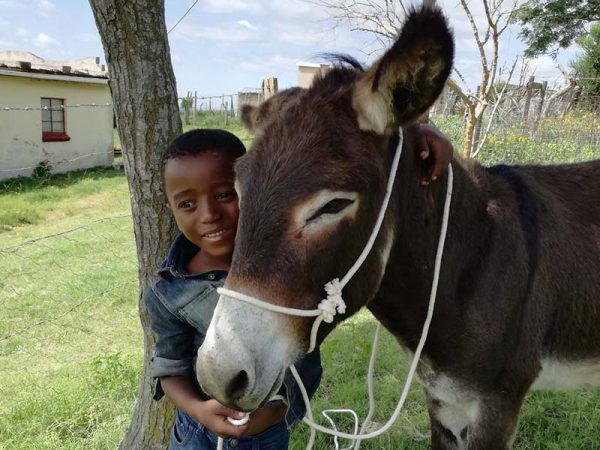
Working donkey champions: role models in South Africa
Working Donkey Champions train animal welfare ambassadors across the Eastern Cape of South Africa.
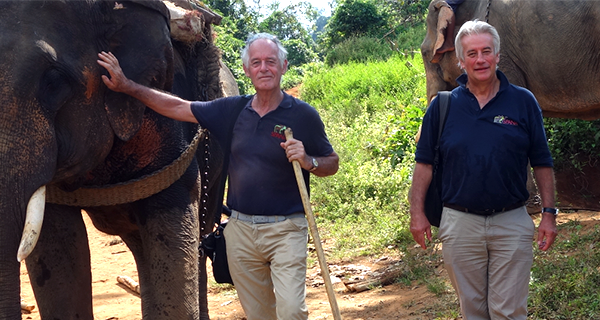
An update from Myanmar’s working elephants camps
Chief Executive Jeremy Hulme talks about SPANA’s impact on the welfare of working elephants in Myanmar.

Working donkey champions: role models in South Africa
Working Donkey Champions train animal welfare ambassadors across the Eastern Cape of South Africa.

An update from Myanmar’s working elephants camps
Chief Executive Jeremy Hulme talks about SPANA’s impact on the welfare of working elephants in Myanmar.

